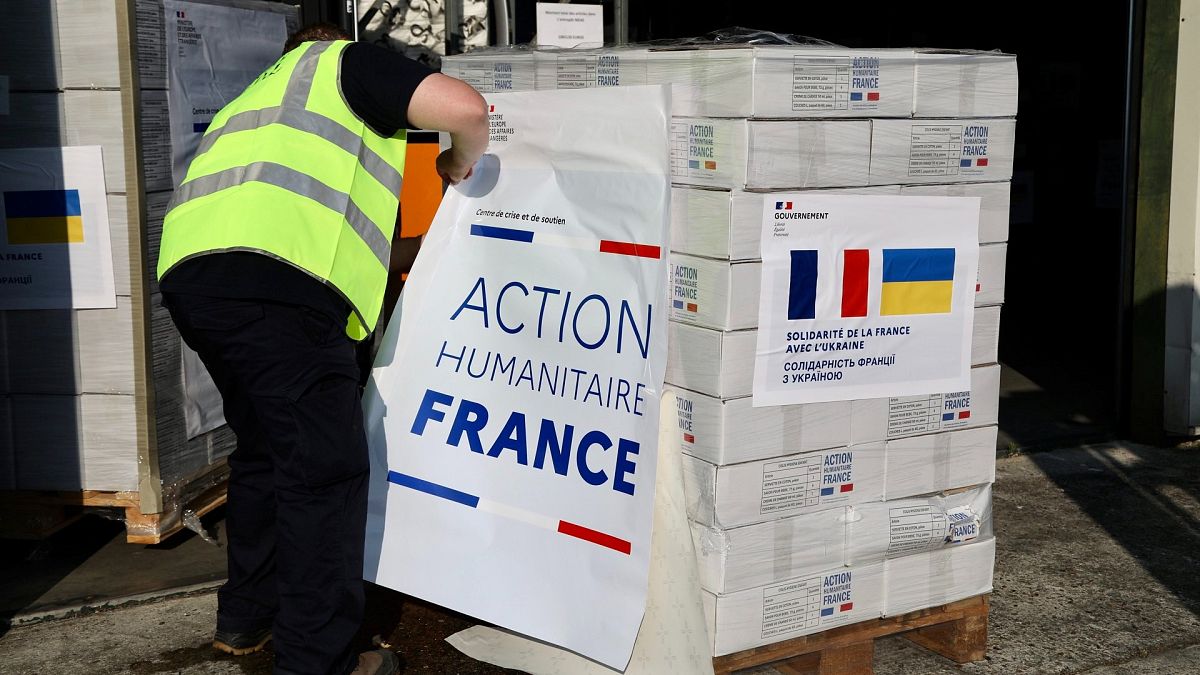

In a rapidly evolving global landscape, diplomacy plays a crucial role in fostering international relations and maintaining global stability. Recent events in Europe highlight the unique approaches taken by various entities to raise their profiles and impact global discourses—be it through innovative cultural methods or strategic negotiations. Let’s delve into the developments shaping the European diplomatic narrative.
The French foreign ministry has embarked on a creative journey dubbed “Cheese Diplomacy”. This initiative seeks to elevate France’s diplomatic presence on the world stage through culinary cultural exchanges that go beyond traditional political methodologies. By presenting France’s rich heritage alongside its soft power, the ministry aims to enhance public understanding of diplomatic efforts. Experts argue that a well-informed public can significantly contribute to more robust international relations and trust-building, thereby alleviating potential misunderstandings or tensions that might arise due to a lack of awareness.
This creative venture underscores the broader goal of making diplomacy more accessible and relatable to the average citizen. By integrating beloved elements of French culture into serious diplomatic discussions, the French foreign ministry is working to bridge the gap between complex political issues and public perception. Such endeavours not only serve to strengthen national identity on the global stage but also foster a sense of unity and appreciation among diverse international audiences.
In parallel political discussions, France finds itself navigating intricate domestic and international challenges. In a recent episode of “Brussels, my love?” the political climate in France was analyzed through various lenses, including the country’s internal dynamics and its role within the European Union. President Emmanuel Macron’s leadership was put into perspective against these challenges, including political instability and evolving security concerns.
This segment illustrated the complex reality that leaders face when domestic pressures converge with international responsibilities. Balancing internal political demands with external commitments to alliances such as the EU adds another layer to the web of diplomacy and governance. Furthermore, discussions about potential security guarantees for Ukraine and trade negotiations, such as the EU-Mercosur deal, were also brought to the forefront. These highlight the interconnected nature of European politics where decisions and policies are intertwined, affecting both member states and their partners.
Adding another dimension to the diplomatic activities, the European Union has taken concrete steps towards reinforcing international sanctions against Russia amidst ongoing tensions regarding the Ukraine conflict. This initiative saw a delegation dispatched to Washington, aiming to solidify a coordinated transatlantic response. The goal of this mission is to ensure that Brussels and Washington remain unified in their approach towards the Kremlin, applying diplomatic and economic pressure to foster peace and adherence to international law.
This transatlantic diplomatic engagement sends a significant message about the EU’s commitment to collective action and the importance it places on unity against acts that challenge global security norms. By strengthening their partnership with the United States, European leaders are reinforcing alliances crucial to maintaining stability and protecting the principles upon which international peace rests.
Each of these developments reflects a distinct piece of the broader tapestry of European diplomacy. The initiatives and discussions highlight the balance between cultural innovation and strategic policy-making in addressing contemporary challenges. As diplomacy continues to adapt and evolve, the efforts of the French foreign ministry, EU delegation, and key political discussions reflect a commitment to fostering a peaceful and collaborative international community. This underscores how creative strategies and cohesive alliances remain essential in navigating the complexities of our world today.
Source: {link}
